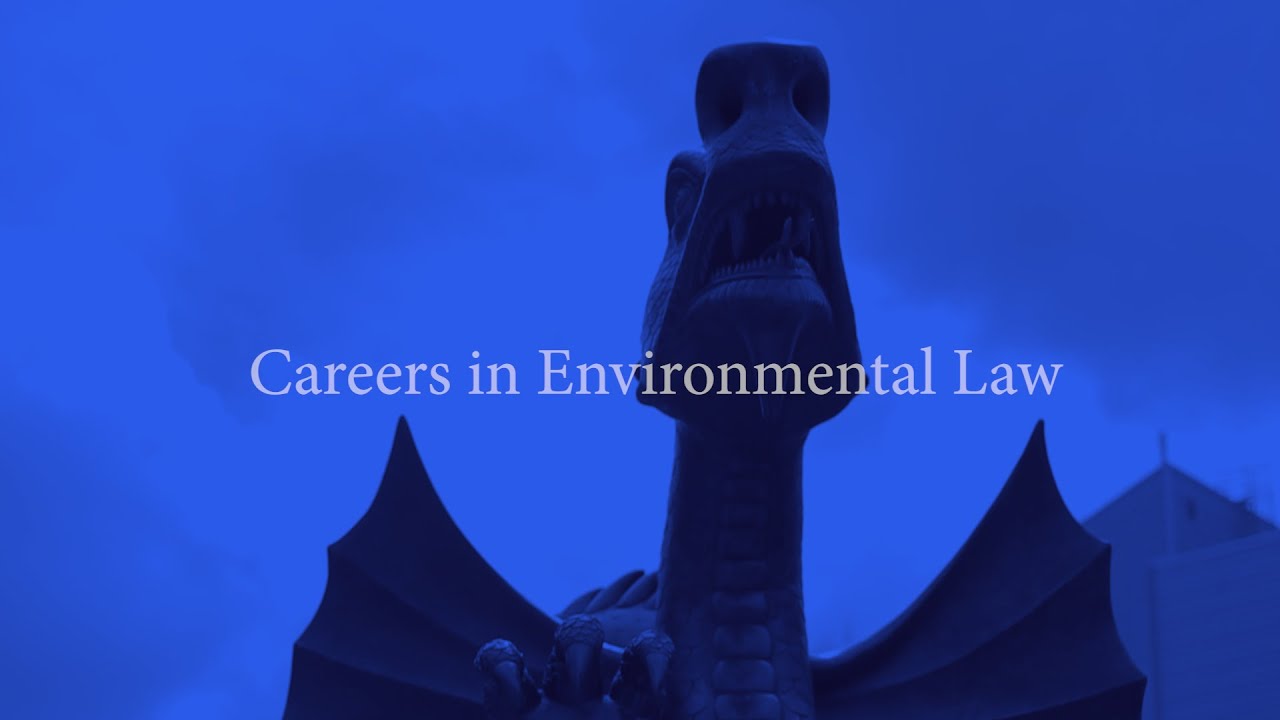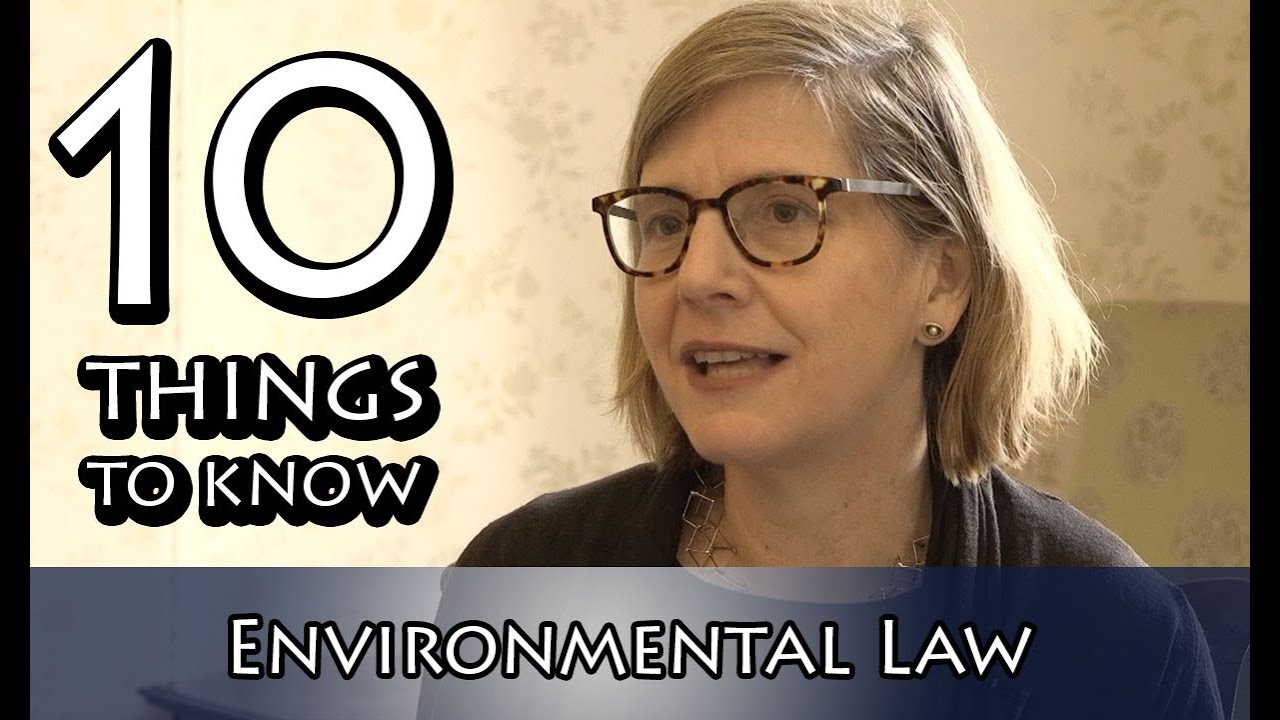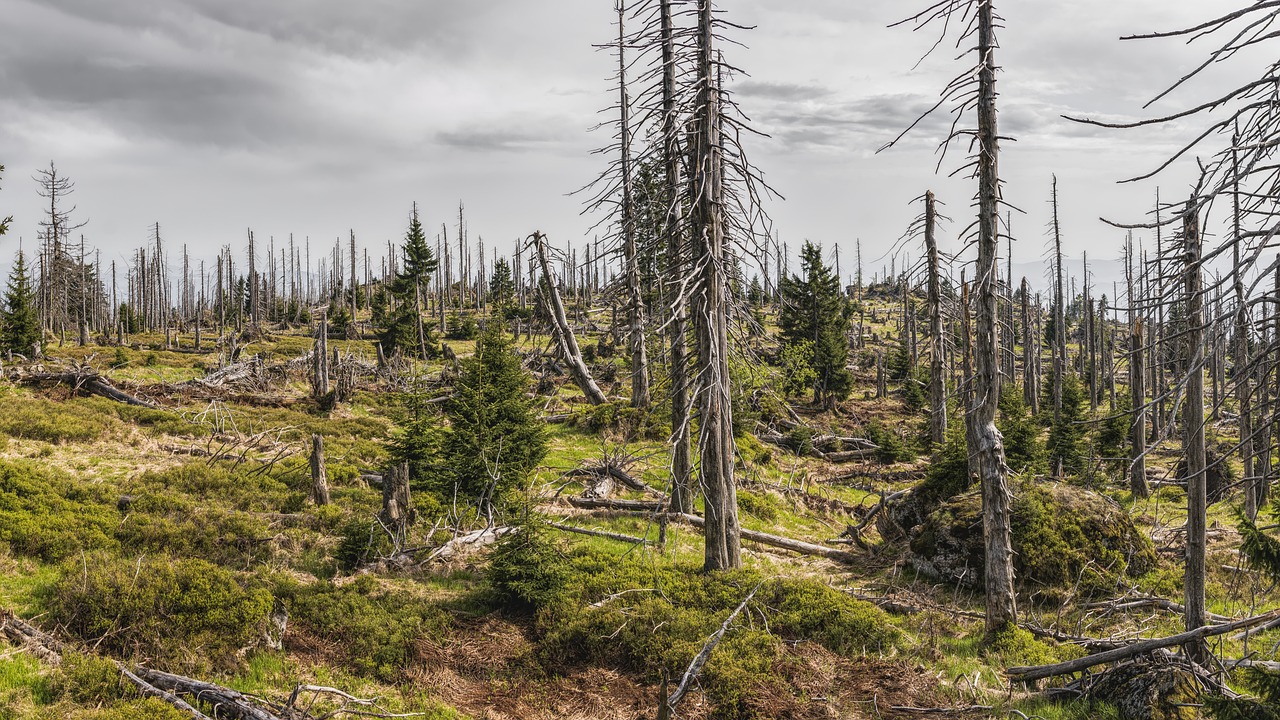Environmental law is an increasingly vital aspect of modern society, as we continue to face pressing environmental challenges that threaten the health and well-being of our planet. But what is environmental law?
What Is Environmental Law?
Environmental law is a branch of law that deals with the regulations, policies, and statutes related to the protection of the environment, including natural resources and ecosystems. Environmental law is designed to safeguard the environment, prevent environmental degradation, and preserve natural resources for the benefit of future generations.
Environmental law encompasses a wide range of legal topics, including air and water quality, land use, waste management, and wildlife protection. It involves the regulation of human activities that impact the environment, such as pollution, hazardous waste disposal, and industrial activities.
What Environmental Law Means And Example?
In general, environmental law seeks to strike a balance between economic development and environmental protection. This means that environmental law is not only concerned with protecting the environment but also with promoting sustainable development and ensuring that economic growth does not come at the cost of the environment.
One example of environmental law is the Clean Air Act. The Clean Air Act is a federal law that regulates air emissions from various sources, including factories, power plants, and vehicles. The law sets national air quality standards and requires states to develop plans to meet those standards. The Clean Air Act also allows citizens to sue violators of the law.

Careers in Environmental Law
What Are Careers In Environmental Law?
Here are some careers you can pursue in Environmental Law:
Environmental Lawyer
Environmental lawyers specialize in environmental law and represent clients in a variety of legal issues related to environmental regulations and policies. They work in a variety of settings, including law firms, government agencies, nonprofit organizations, and corporations.
Environmental Policy Analyst
Environmental policy analysts work for government agencies, nonprofit organizations, and corporations to develop and analyze environmental policies and regulations. They may also conduct research on environmental issues, provide technical assistance to government officials, and advocate for environmental policies.
Environmental Consultant
Environmental consultants work with clients to ensure compliance with environmental regulations and develop environmental management plans. They may also conduct environmental impact assessments and provide technical expertise to clients on environmental issues.
Environmental Advocate
Environmental advocates work for nonprofit organizations to promote environmental causes and lobby for environmental policies. They may also engage in public education and outreach on environmental issues.
What Does An Environmental Lawyer Do?
Environmental lawyers have a variety of responsibilities related to environmental law. Some of the most common tasks include:
Advising Clients
Environmental lawyers advise clients on environmental regulations and policies to ensure compliance with federal and state laws. They may also help clients manage environmental risks and avoid potential liabilities.
Conducting Environmental Due Diligence
Environmental lawyers may conduct environmental due diligence to assess the potential environmental impacts of a proposed project or transaction. This can include assessing the environmental risks associated with real estate transactions, mergers and acquisitions, and financing agreements.
Negotiating Environmental Agreements
Environmental lawyers may negotiate a variety of environmental agreements, such as permits, licenses, and consent decrees. They may work with government agencies, private companies, and nonprofit organizations to develop and negotiate these agreements.
Representing Clients In Court
Environmental lawyers may represent clients in court in environmental disputes. This can include litigation related to environmental regulations, enforcement actions, or damages resulting from environmental harm.

Environmental Law: A Very Short Introduction | Elizabeth Fisher
Is Environmental Law A Good Career?
Environmental law can be a rewarding careerfor those who are passionate about environmental protection and sustainability. Environmental law is a growing field with increasing demand for professionals with expertise in this area.
However, environmental law can also be challenging and demanding. Environmental lawyers often work long hours and must manage complex legal issues. They must also be able to work collaboratively with clients, government agencies, and other stakeholders.
What Skills Are Required?
Environmental law requires a variety of skills, including:
Analytical Skills
Environmental lawyers must have strong analytical skills to navigate complex legal issues related to environmental regulations and policies. They must be able to understand the technical and scientific aspects of environmental problems, as well as the legal implications.
Communication Skills
Environmental lawyers must be effective communicators to work with clients, government agencies, and other stakeholders. They must be able to explain complex legal issues in a clear and concise manner.
Problem-Solving Skills
Environmental lawyers must have strong problem-solving skills to identify legal solutions to environmental problems. They must be able to analyze legal and scientific information and develop creative solutions to complex issues.
Interpersonal Skills
Environmental lawyers must have strong interpersonal skills to work collaboratively with clients, government agencies, and other stakeholders. They must be able to build relationships and work effectively in a team environment.
Research Skills
Environmental lawyers must have strong research skills to identify and analyze legal and scientific information related to environmental issues. They must be able to use legal and scientific databases to access relevant information and stay up-to-date on changes in environmental regulations and policies.

How to Get Into The Environmental Law Sector| Tips for Law Graduates| Law Series
How To Get Into Environmental Law?
There are several steps to pursue a career in environmental law:
Obtain A Bachelor's Degree
To become an environmental lawyer, you must first obtain a bachelor's degree in a related field such as environmental science, biology, or chemistry.
Attend Law School
After obtaining a bachelor's degree, you must attend law school and obtain a Juris Doctor (J.D.) degree.
Gain Experience
Environmental law is a competitive field, and gaining experience through internships, clerkships, or entry-level positions can be helpful in securing a job.
Pass The Bar Exam
After graduating from law school, you must pass the bar exam in the state where you plan to practice law.
Obtain Environmental Law Certification
Some states offer certification in environmental law, which can be obtained by passing an exam or meeting other criteria.
Levels Of Environmental Law
Environmental law operates at several levels, including:
International
International environmental law governs the relationships between nations and their obligations to protect the global environment. This can include treaties, conventions, and protocols developed by international organizations such as the United Nations.
Federal
Federal environmental law in the United States includes laws such as the Clean Air Act, the Clean Water Act, and the Endangered Species Act. These laws are enforced by federal agencies such as the Environmental Protection Agency (EPA).
State
State environmental law regulates environmental issues at the state level. States may have their own environmental regulations, and state agencies may enforce federal environmental laws.
Local
Local environmental law includes regulations developed by cities, counties, and other local jurisdictions. These regulations may include zoning laws, waste management regulations, and environmental impact assessments for proposed projects.
What Are The Six Environmental Laws?
The six environmental acts are:
Clean Air Act
The Clean Air Act regulates air pollution and sets emissions standards for industries and vehicles. It also establishes the National Ambient Air Quality Standards, which set limits on air pollution levels to protect public health.
Clean Water Act
The Clean Water Act regulates water pollution and sets standards for wastewater discharge. It also establishes water quality standards to protect aquatic life and public health.
Endangered Species Act
The Endangered Species Act protects threatened and endangered species by regulating activities that may harm their habitats. It also provides for the recovery of endangered species and the designation of critical habitats.
Resource Conservation And Recovery Act
The Resource Conservation and Recovery Act regulates the management of hazardous waste from generation to disposal. It also establishes a system for the safe management of solid waste.
Comprehensive Environmental Response, Compensation, And Liability Act
The Comprehensive Environmental Response, Compensation, and Liability Act, also known as the Superfund, regulates the cleanup of hazardous waste sites. It also establishes liability for responsible parties and provides for the cleanup of abandoned or uncontrolled hazardous waste sites.
Toxic Substances Control Act
The Toxic Substances Control Act regulates the manufacture, import, and processing of chemicals. It also establishes testing and reporting requirements for chemicals and provides the Environmental Protection Agency with the authority to regulate the use of chemicals that may pose a risk to human health or the environment.
People Also Ask
What Are Some Current Environmental Challenges That Environmental Lawyers Are Addressing?
Environmental lawyers are currently addressing various challenges, including climate change, air and water pollution, deforestation, biodiversity loss, and hazardous waste disposal.
How Does Environmental Law Impact Businesses And Industries?
Environmental law affects businesses and industries by requiring them to comply with environmental regulations, such as reducing their carbon emissions, properly disposing of hazardous waste, and protecting endangered species. Failure to comply with these regulations can result in fines and legal action.
How Do International Environmental Laws Impact Environmental Protection Efforts?
International environmental laws play a significant role in promoting environmental protection efforts globally. They encourage collaboration and cooperation among nations in addressing environmental issues and provide a framework for addressing cross-border environmental challenges, such as climate change and biodiversity loss.
Conclusion
So, what is environmental law? It is a vital part of protecting our planet and ensuring that we maintain sustainable development. It is a critical component in safeguarding our planet and ensuring a sustainable future.
Environmental lawyers are at the forefront of this movement, working tirelessly to enforce these laws and regulations on local, state, federal, and international levels.
As we continue to face environmental challenges, the need for skilled environmental lawyers will continue to grow. Pursuing a career in environmental law is not only rewarding but also necessary for the health and well-being of our planet.
By working in this field, individuals have the opportunity to make a meaningful difference in protecting the environment and promoting sustainable development.
